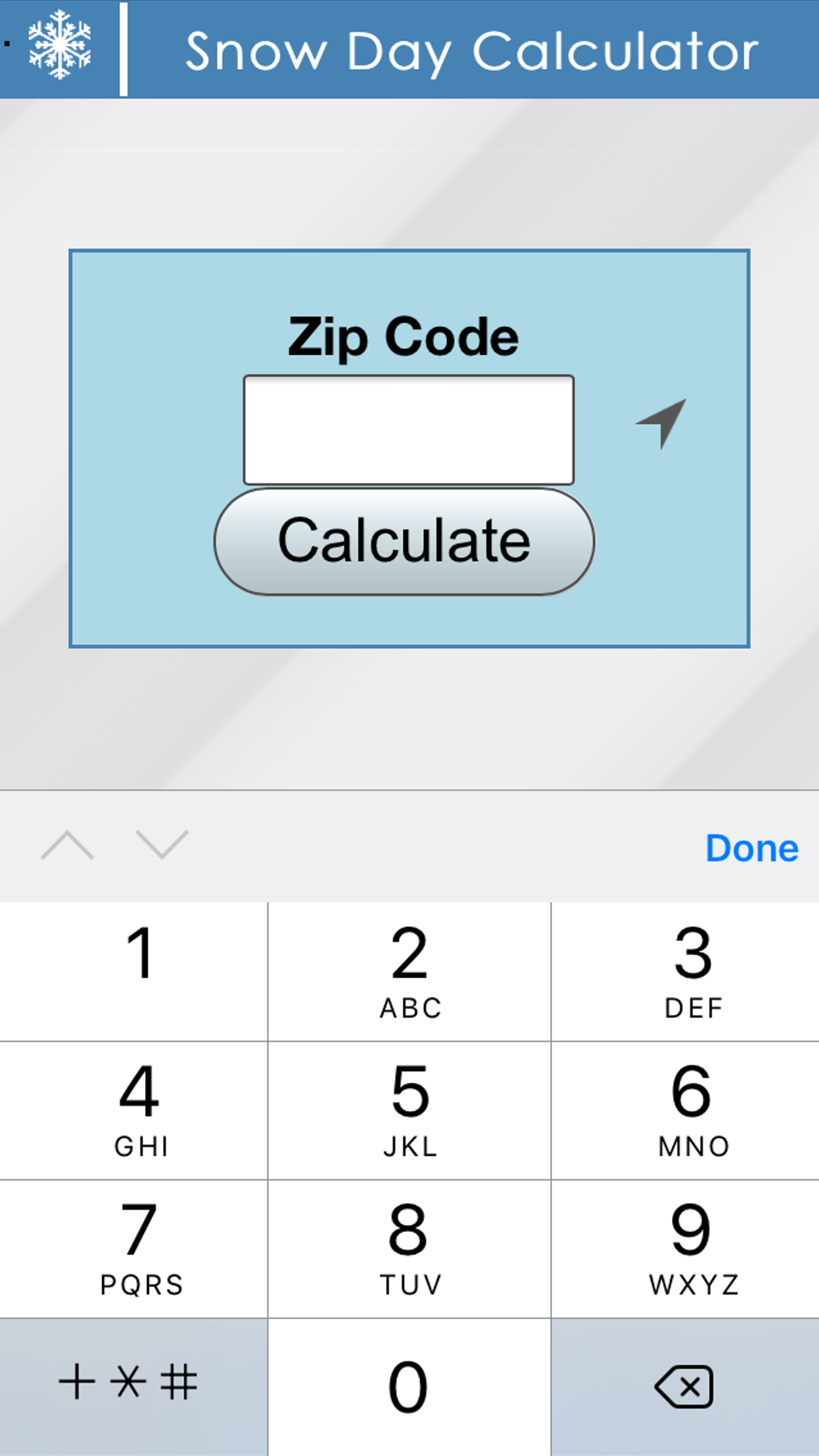Understanding Discount Points: A Comprehensive Guide to Calculation
When it comes to home financing, understanding the nuances of loan terms and costs is crucial. One such term that often arises is “discount points.” As someone who has navigated the real estate landscape, I’ve often had to unravel the complexities of discount points to make informed decisions. In this article, I aim to clarify how to calculate discount points, their purpose, and their implications on a loan.
What Are Discount Points?
Discount points are fees paid upfront to lower the interest rate on a mortgage. Each point typically equals 1% of the loan amount. By paying discount points, you can save money over the life of your loan through reduced monthly payments. They are often referred to as “buying down the rate” because they allow consumers to purchase a lower interest rate.
Why Use Discount Points?
- Lower Monthly Payments: By reducing your interest rate, you will pay less each month.
- Long-Term Savings: Over the loan term, the total interest paid can be significantly lower.
- Tax Deductions: Discount points may be tax-deductible as mortgage interest, depending on your situation.
Calculating Discount Points
Step 1: Determine Your Loan Amount
Before you calculate discount points, you need to know your total loan amount. For this example, I’ll use $300,000.
Step 2: Understand the Cost of the Points
One point equals 1% of your loan amount. If https://snowdaycalculatornow.com/ decide to buy 2 points, that would equate to 2% of your loan amount.
Calculation:
- 2 Discount Points = Loan Amount x 0.02
- 2 Discount Points = $300,000 x 0.02 = $6,000
Step 3: Assess Your Interest Rate
Next, determine the interest rate reduction associated with each point. Lenders may outline this in your loan offer. For example, let’s say each point reduces your interest rate by 0.25%.
Step 4: Evaluate Your Savings
To analyze the benefit of purchasing discount points, you’ll want to compare the monthly savings against the upfront cost.
Monthly Payment Calculation:
Without Points:
- Loan Amount: $300,000
- Interest Rate: 4%
- Monthly Payment = $1,432.25
With 2 Points:
- New Interest Rate: 3.5% (4% – 0.5% due to 2 points)
- Monthly Payment = $1,347.13
Monthly Savings
- Monthly Savings = Old Payment – New Payment
- Monthly Savings = $1,432.25 – $1,347.13 = $85.12
Step 5: Break-Even Point
To determine how long it will take to recoup your investment in discount points, divide the total cost of the points by your monthly savings.
Break-even calculation:
- Break-Even Period = Cost of Points / Monthly Savings
- Break-Even Period = $6,000 / $85.12 ≈ 70.5 months (about 5.9 years)
This means if you plan to stay in your home for longer than 5.9 years, purchasing discount points could be a wise financial decision.
Factors to Consider
When calculating discount points, it’s essential to evaluate the following considerations:
- Loan Duration: How long do you plan to stay in the home?
- Market Conditions: Are interest rates expected to rise?
- Your Financial Situation: Can you afford the upfront cost?
Quotation
“A penny saved is a penny earned.” — Benjamin Franklin
This ancient wisdom rings especially true in the context of financing; understanding discount points could lead to significant savings over time.
FAQs about Discount Points
1. Are discount points refundable?
No, once you pay for discount points, they are not refundable, so assess your decision wisely.
2. Can I negotiate discount points with my lender?

Yes, you can negotiate terms with your lender to find a balance between points, fees, and rates.
3. Are discount points the same as origination fees?
No, while both are costs associated with a mortgage, origination fees cover the lender's cost for processing the loan, whereas discount points are intended to reduce your interest rate.
4. How many points should I buy?
It depends on your financial situation, plans for the home, and how much you can afford upfront. It’s often prudent to discuss options with a financial advisor.
Conclusion
Calculating discount points can be complicated, but with the right approach, it becomes a manageable task. By analyzing your loan amount, the cost of points, the reduced interest rate, and your long-term plans, you can make a well-informed choice that could save you money in the long run.
Always remember, before making any financial commitment, conduct thorough research and, if necessary, seek professional advice. In the world of home financing, every point can play a critical role in your financial landscape.